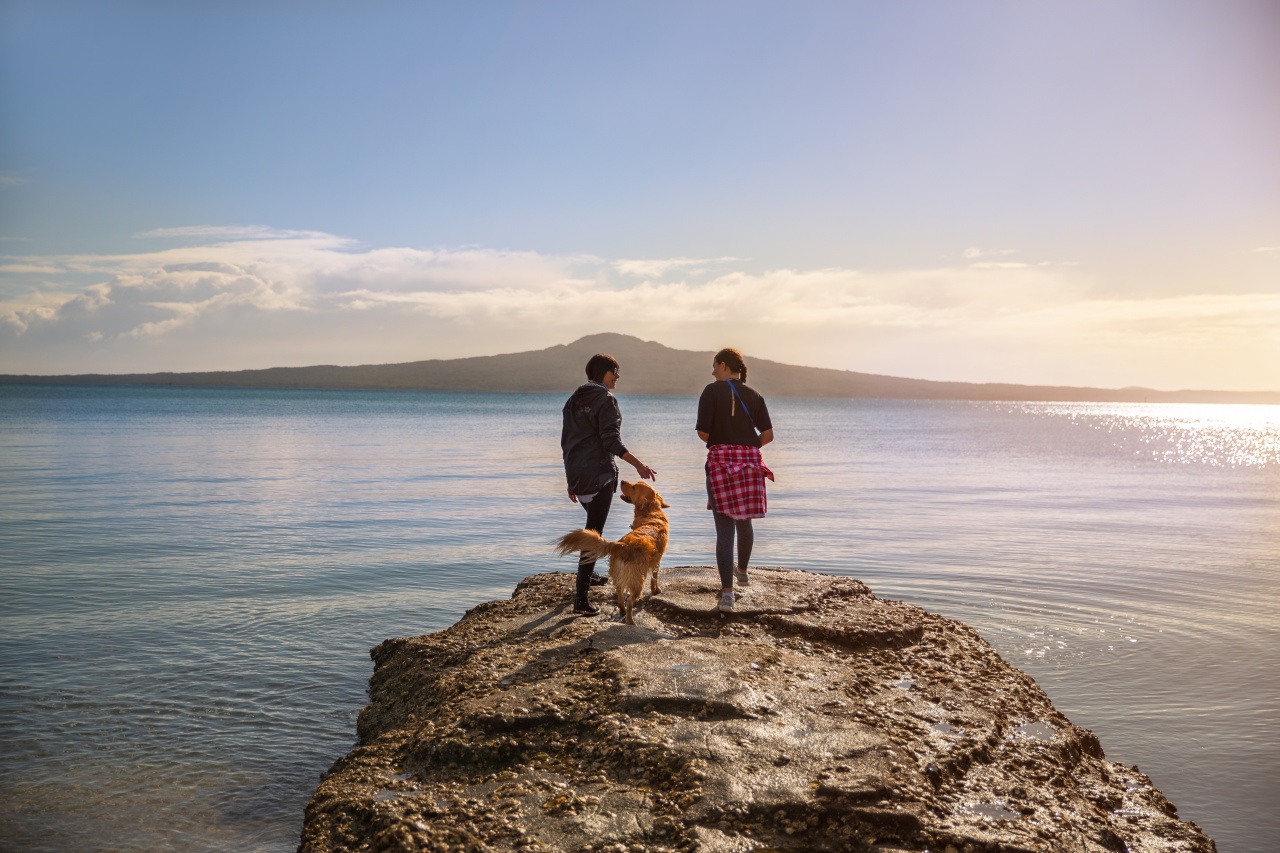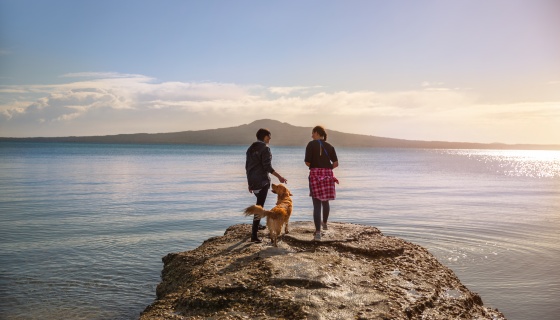Key findings
Read the full report for in-depth findings and opportunities for each workstream.
Onehunga
Onehunga’s proximity to the Manukau Harbour, Tāmaki Makaurau Auckland’s city centre, and Auckland Airport, makes it a prime location for commercial and residential investment.
-
There is a need to reconnect the communities of the Manukau Harbour to their waterfront location and heritage, through public access to Onehunga Wharf.
-
Eke Panuku Development Auckland is considering a waterfront development, which it intends to assign a capital budget for by the end of 2023, with work commencing in 2024.
-
The Onehunga Wharf was initially earmarked as mixed use area, however, it requires significant renovation to support any proposed development on it.
-
There is a history of delayed projects and disconnection from the water due to the placement of the motorway.
-
The From the Ground Up project team identified a number of recommended activations and initiatives to assist the transformation and urban renewal of Onehunga, ranging from short-term activations that leverage events currently led by Onehunga Business Association (such as the Onehunga Festival), to ambitious long-term activations that will revitalise the waterfront area and draw in a wider scope of visitors.
-
Small-scale, short-term activations will continue to build community and business connections and act as ‘stepping stones’ while the finalisation of the Onehunga revitalisation master plan is pending.
Mussel Farming
Clevedon lies between Onehunga and The Coromandel and is an area with an established aquaculture industry in the form of mussel and oyster harvesting.
-
Mussel farming in New Zealand is currently below capacity due to warming waters, increased shipping rates, potential over supply, and the lack of labour. The key to unlocking the industry’s potential is identifying and creating value-added products.
-
While there is already a substantial number of sustainable seafood innovators in the Auckland to Coromandel region and wider New Zealand, increased support for the sector will provide a strong prospect of achieving greater ecological, cultural, and commercial success.
-
Limited quotas for local fishers mean that many Coromandel restaurateurs rely on catch from commercial fishers, rather than purchasing directly from the wharf and local fishers.
-
There is significant need for the development of a seafood innovation facility for value-added seafood products, which have high potential for the export market.
-
To mitigate the requirement for intensive mussel farming, mussel farmers have expressed a need for farm expansion to help generate a higher-quality product and keep up with demand.
-
Timely resource consent is the top concern of most mussel farmers spoken with.
-
On-board digital tech has great promise in increasing the freshness, taste, and waste profiles of commercial fishing.
-
The oil and powder segments of the sector are showing strong growth and there is increasing value for supplements and other health products.
-
Creating a strong, cohesive narrative around the mussel industry and its benefits to the local ecosystem, along with marketing activities, could increase awareness and consumption in the domestic market.
-
There is an opportunity for greater representation by iwi at all levels of the mussel industry, including storytelling around kaimoana.
-
Increased marine protection is required to ensure sustainability and future supply.
Sustainable Seafood Initiative
This workstream focuses on creating cohesive, inter-regional development for seafood innovation and collaboration between Clevedon, Onehunga and The Coromandel.
-
Industry innovators are already investing in substantial intensities of R&D and new product development in the seafood sector.
-
A proactive strategy for the region that addresses areas such as increased local consumption, job creation, innovation, and incubation of new businesses focusing on value-added products would help create employment in sectors such as processing, distribution, retail, fishing, and tourism.
-
The development of a regional seafood corridor would result in a much more efficient retail and distribution network that allows for local fishers to gain increased value for their catch.
-
Working together, the Coromandel and Auckland regions have an immense opportunity to set themselves apart from the rest of New Zealand, and global seafood communities in general, if they adopt a strong focus on high-value, high quality seafood that tells a uniquely New Zealand story.
-
Around the world, business and industry are looking at opportunities with seaweed for new edible products, plant-based alternatives, fertilisers, and methane reduction, among other initiatives. By capitalising on R&D, investment, and industry collaboration, New Zealand has a real opportunity to be a global leader in this space.
-
Globally, there is a huge push for the use of baitfish and bycatch (fish that are netted by ships by accident when other types of fish have been caught) on menus and in retail channels. With the variety of fish species off the coasts of New Zealand, and the lack of diversity in harvested seafood, more education and marketing could increase the use of underutilised species by both the public and restaurateurs.
-
Reducing red tape for small businesses in the field can ensure they are incentivised and able to keep products available for visitors and locals, rather than just for export.
Potato Starch Proposition
-
This project identified a potential new source of raw material for potato starch manufacture that could allow Earthpac Starch Ltd to meet export demand. This source harvests value from wastewater from another local business manufacturing potato product – expanding Earthpac’s existing circular economy business model.
-
Looking for investment to capitalise to its new proprietary laminating technology, Earthpac may be able to tap into the unrealised value of intangible intellectual property assets.

